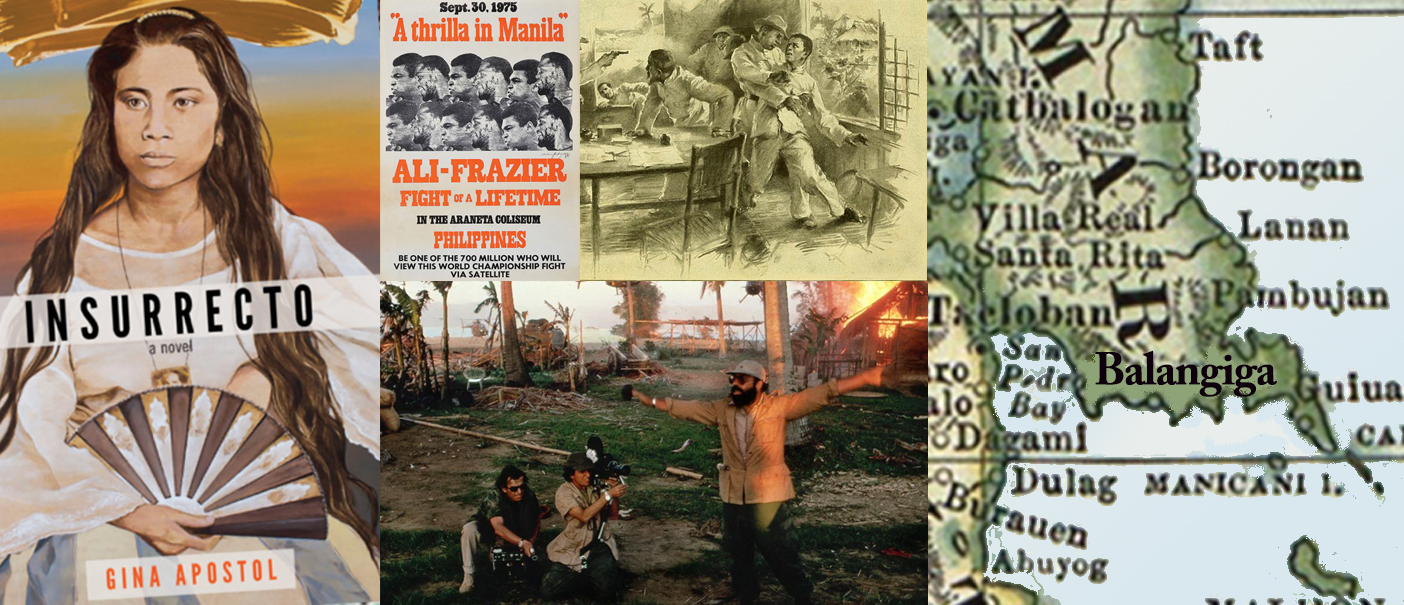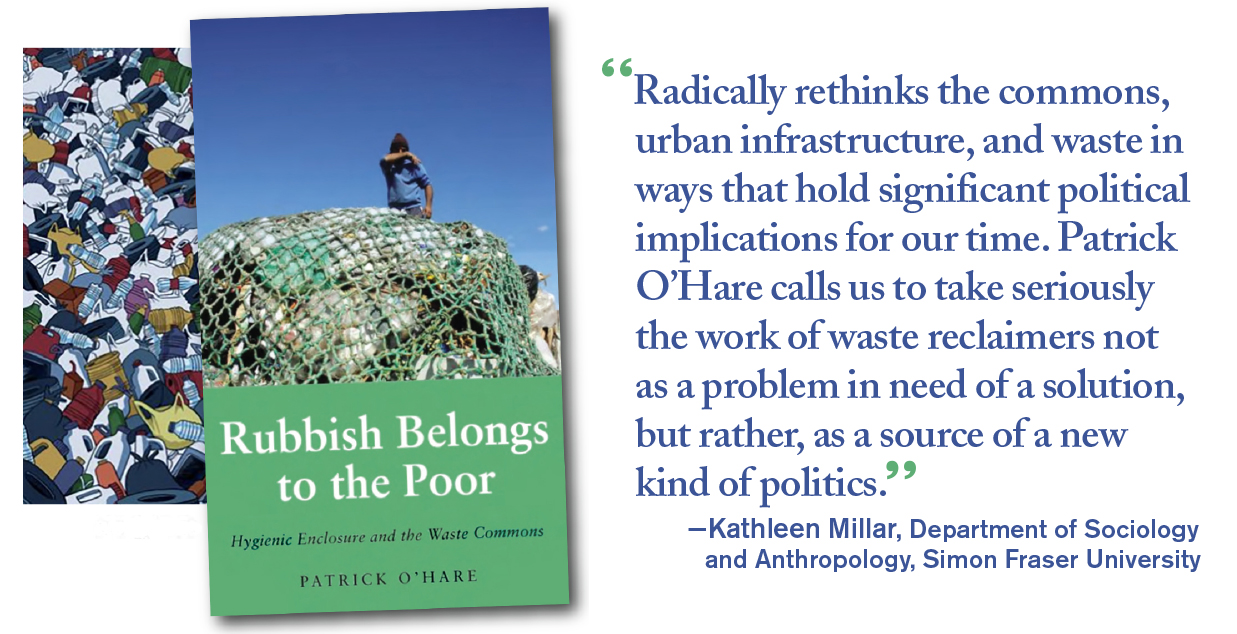Colonialism
After Wampum, the Evolution of Money in Colonial America
Online: Zoom link will be provided to registered participantsA TALK WITH PETER FAY We will travel back in time to colonial New England and New York to closely examine Marx’s views on money at the periphery of the British empire. Scarcity of British currency forced many commodities toward the role of “universal equivalent”: Indian corn, tobacco, pieces of eight. But it was colonial thirst for luxury commodities like beaver pelts that finally drove an explosive growth in the one money-commodity facilitating that trade: wampum.
Insurrecto with author Gina Apostol in conversation with Patricia McManus
On-Line via Zoom You will receive Zoom link by email before the event., NYGina Apostol’s Insurrecto is a harrowing depiction of the nearly 125-year history of U.S. intervention, occupation, and domination in the Philippines.
“Of course, as opposed to the colonizer, the world of the colonized is visibly and thus irreparably multiple – because included in the world of the colonized is the world of the colonizer.”. —“How Do We Know the Things That Make Us?”, An essay from Gina Apostol
Rubbish Belongs to the Poor
On-Line via Zoom You will receive Zoom link by email before the event., NYRubbish. Waste. Trash. Whatever term you choose to describe the things we throw away, the connotations are the same; of something dirty, useless and incontrovertibly 'bad'. But does such a dismissive rendering mask a more nuanced reality? In RUBBISH BELONGS TO THE POOR Patrick O'Hare journeys to the heart of Uruguay’s waste disposal system in order to reconceptualize rubbish as a 21st century commons, at risk of enclosure.
The Solutions are Already Here with author Peter Gelderloos
On-Line via Zoom You will receive Zoom link by email before the event., NYAcross the world, grassroots networks of local communities are working to realize their visions of an alternative revolutionary response to planetary destruction, often pitted against the new megaprojects promoted by greenwashed alternative energy infrastructures and the neocolonialist, technocratic policies that are the forerunners of the Green New Deal.
Gelderloos interviews food sovereignty activists in Venezuela, Indigenous communities reforesting their lands in Brazil and anarchists fighting biofuel plantations in Indonesia, looking at the battles that have cancelled airports, stopped pipelines, and helped the most marginalized to fight borders and environmental racism, to transform their cities, to win a dignified survival.




